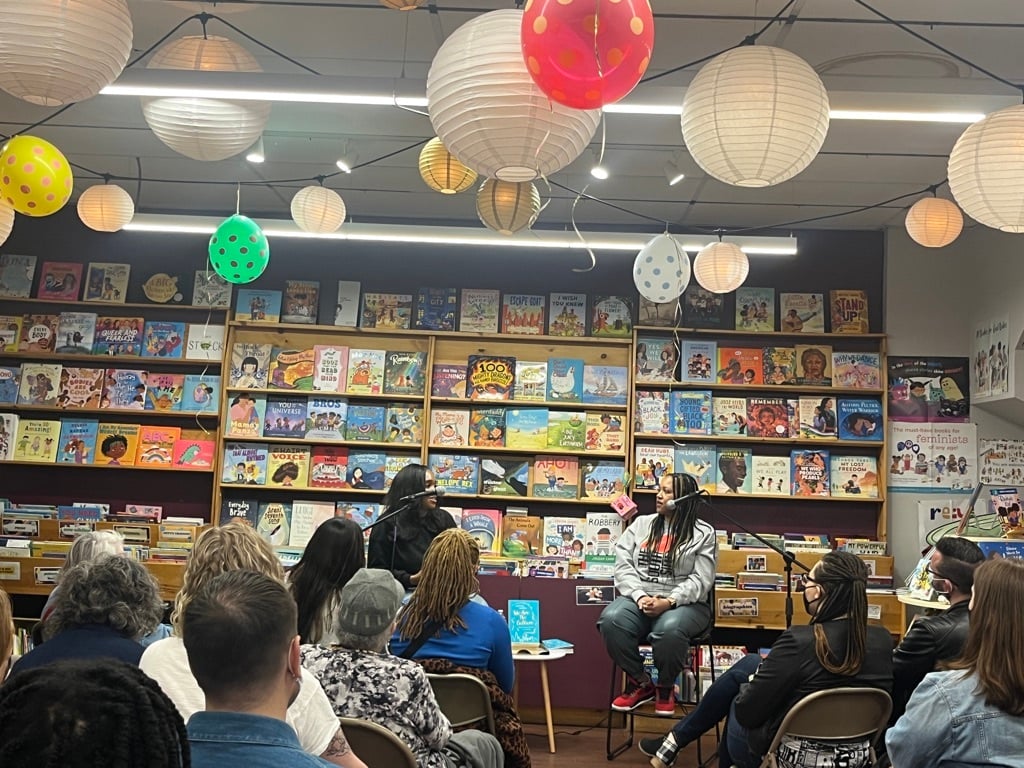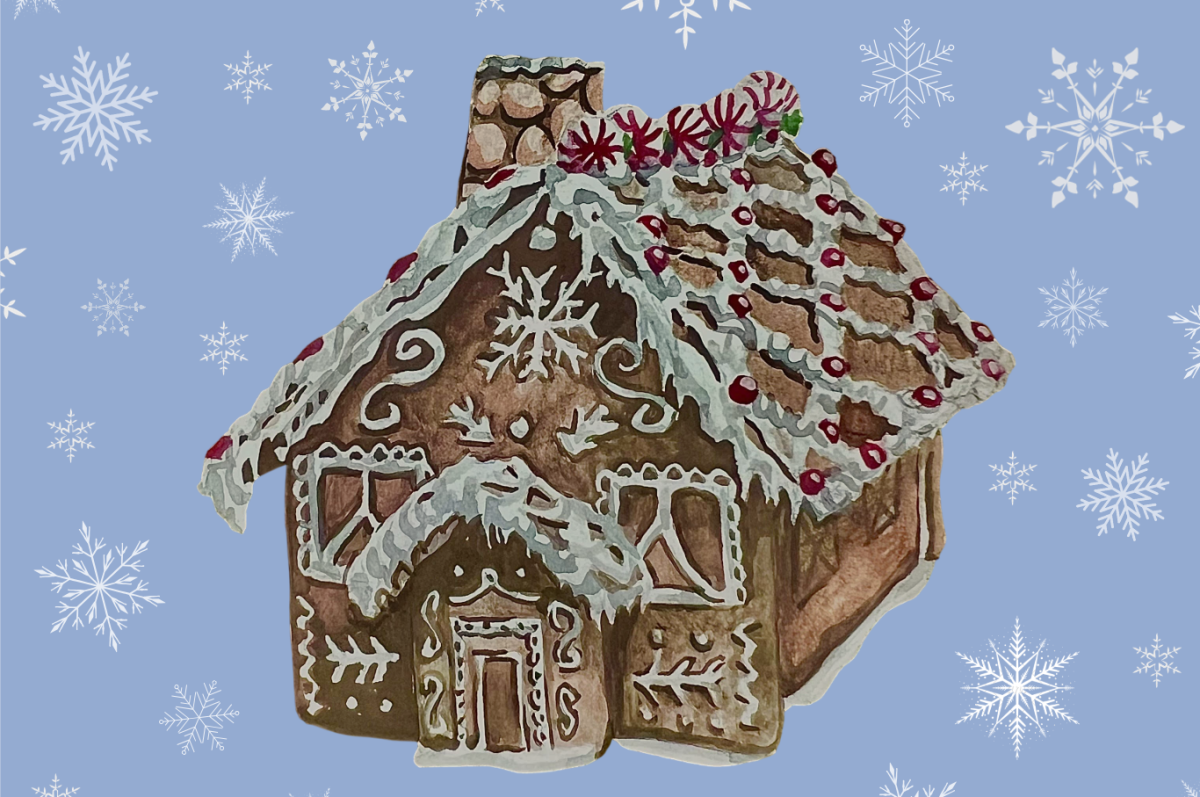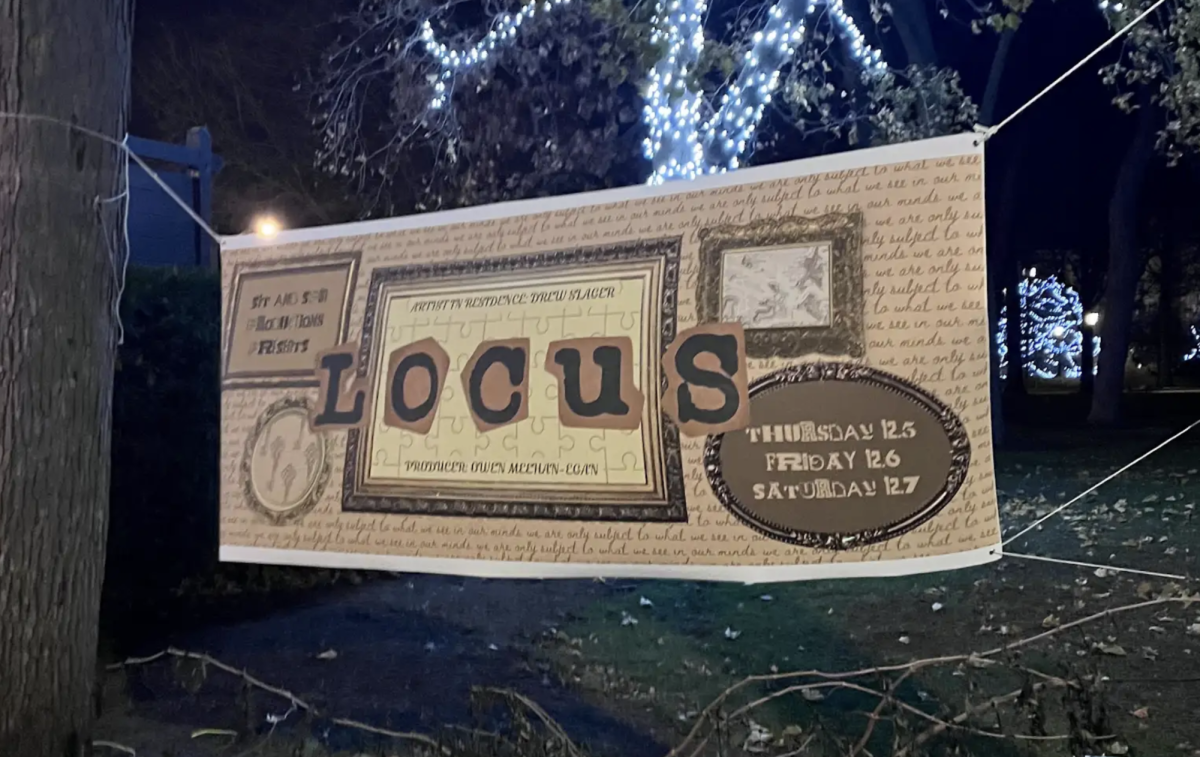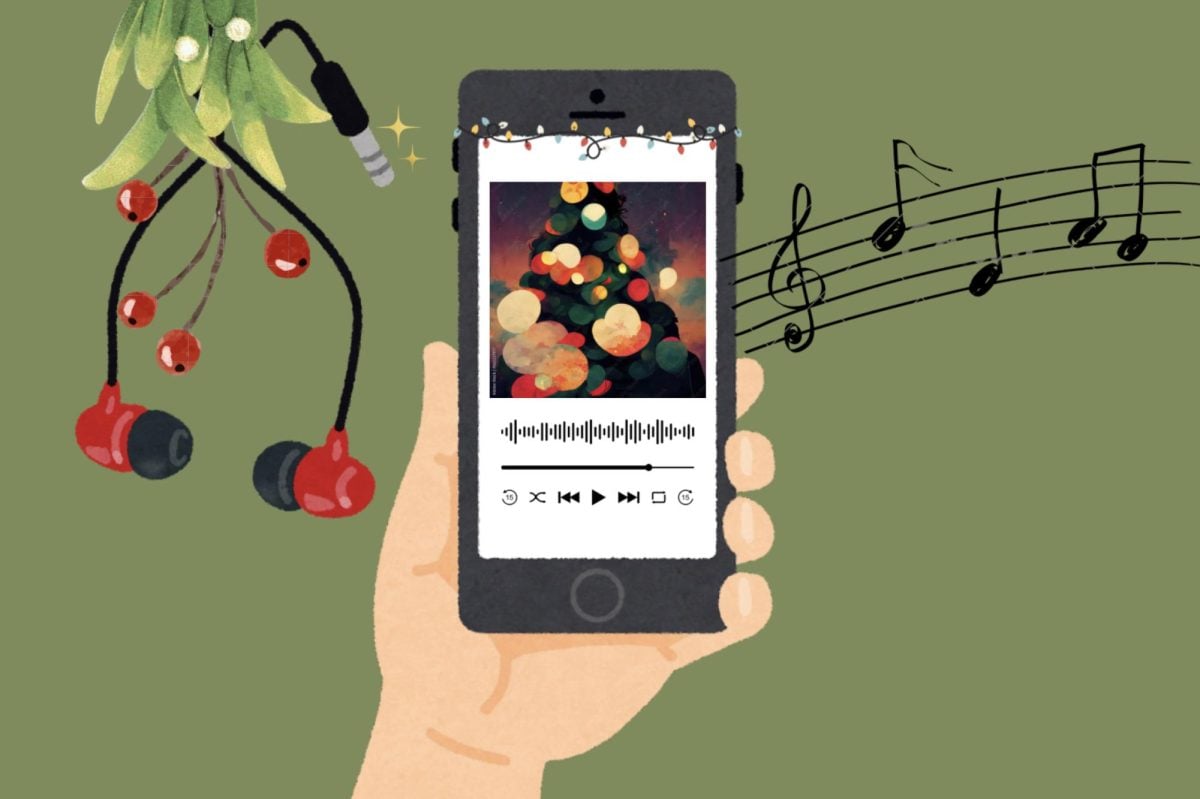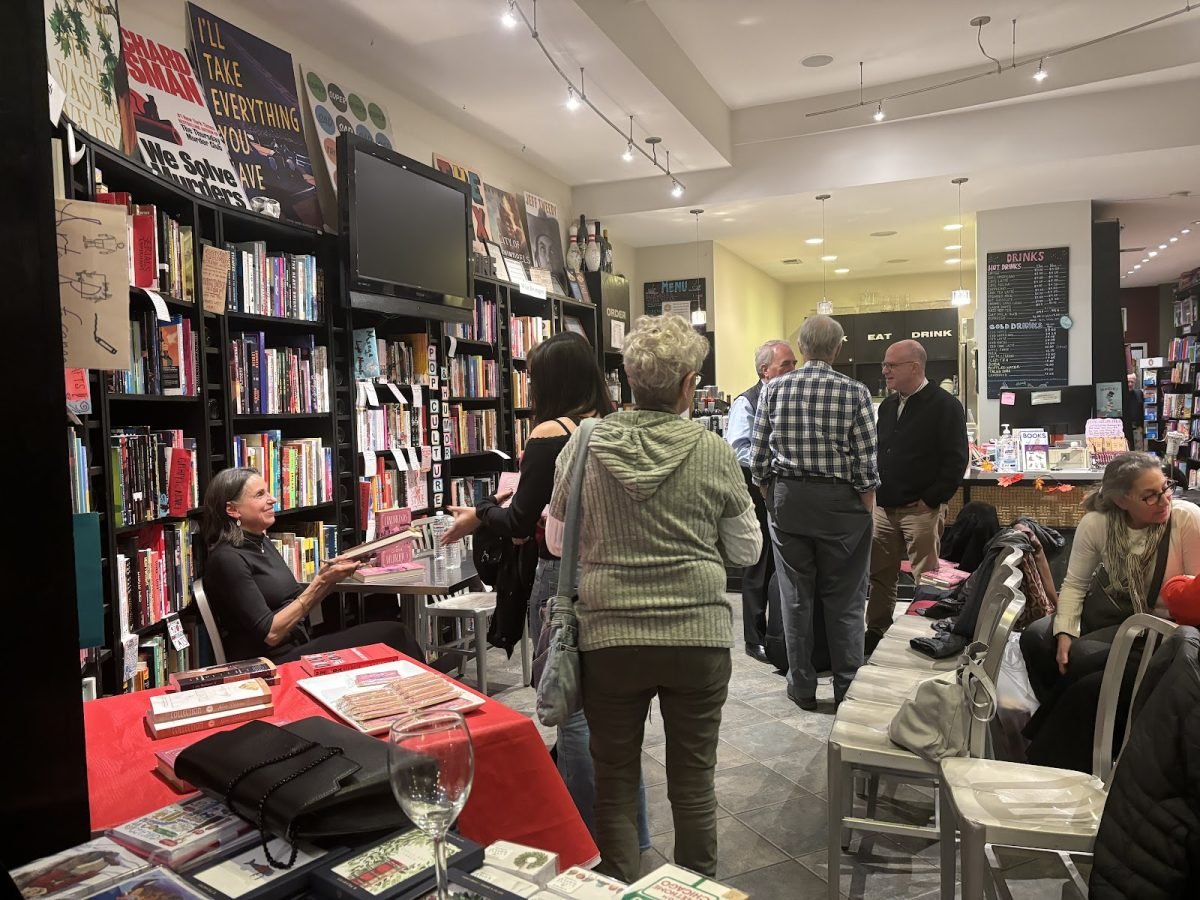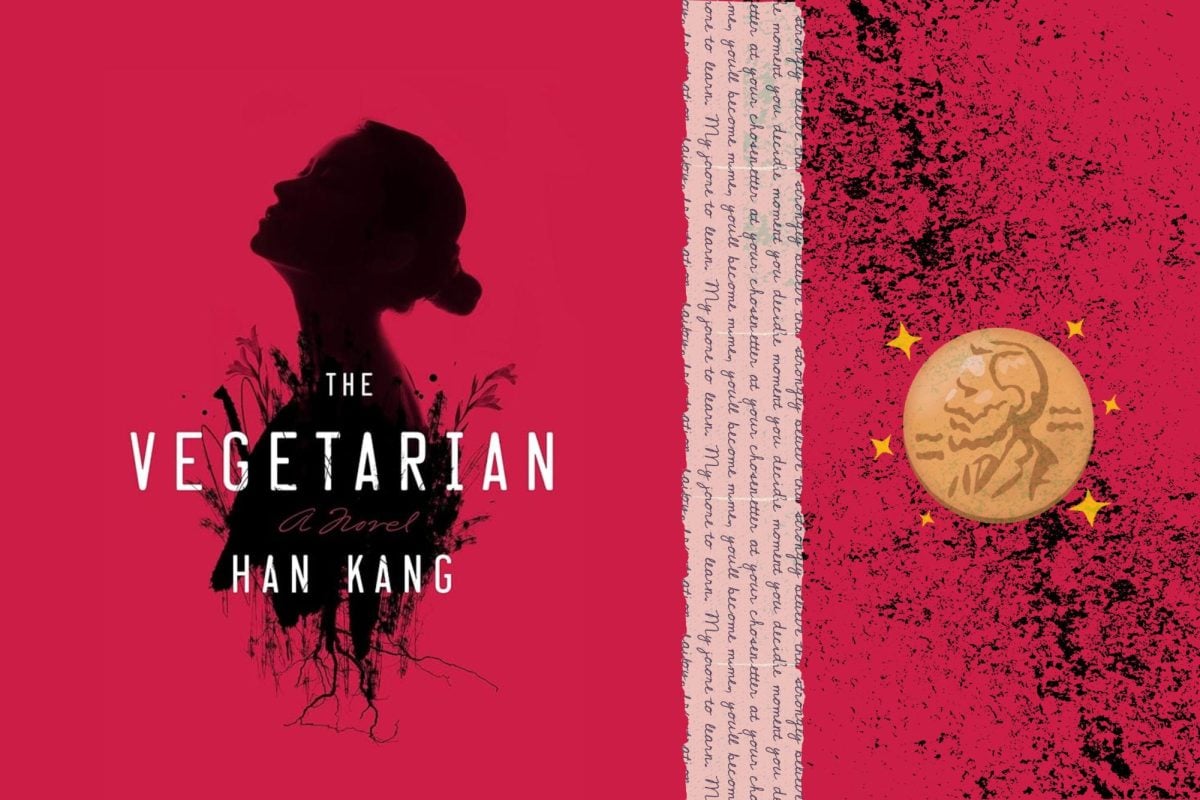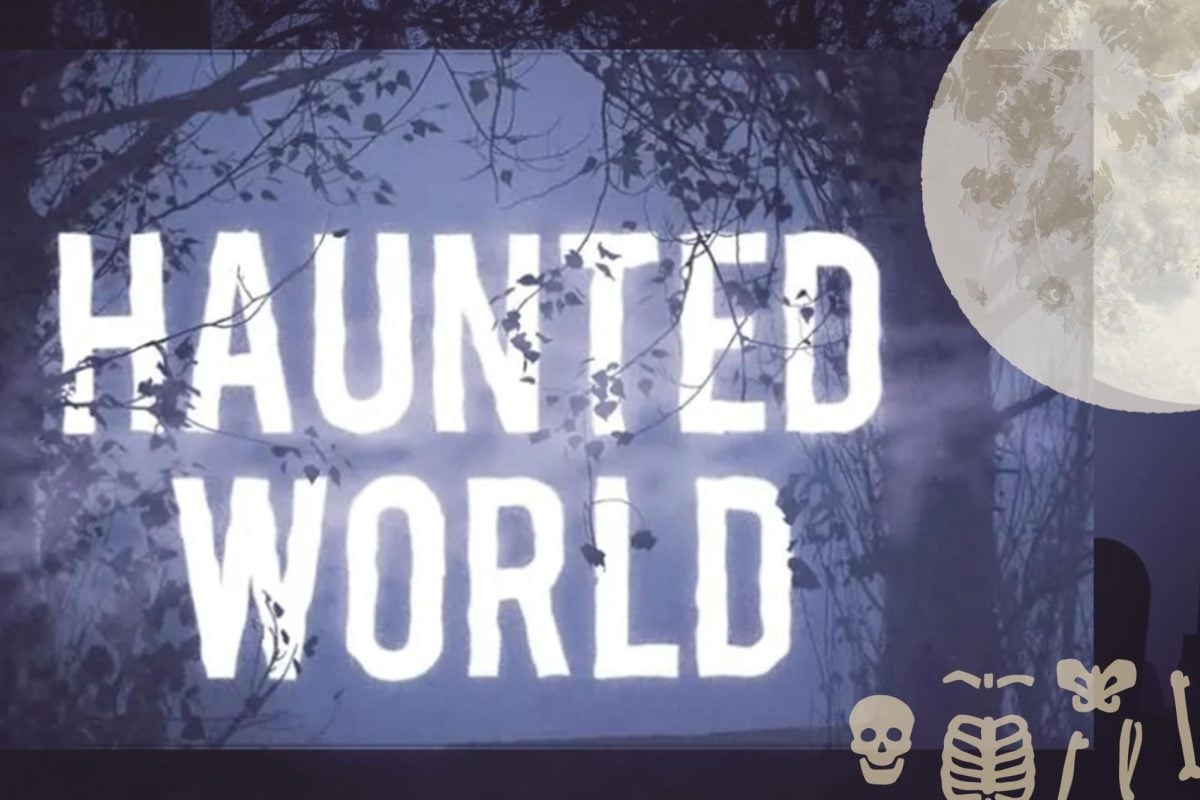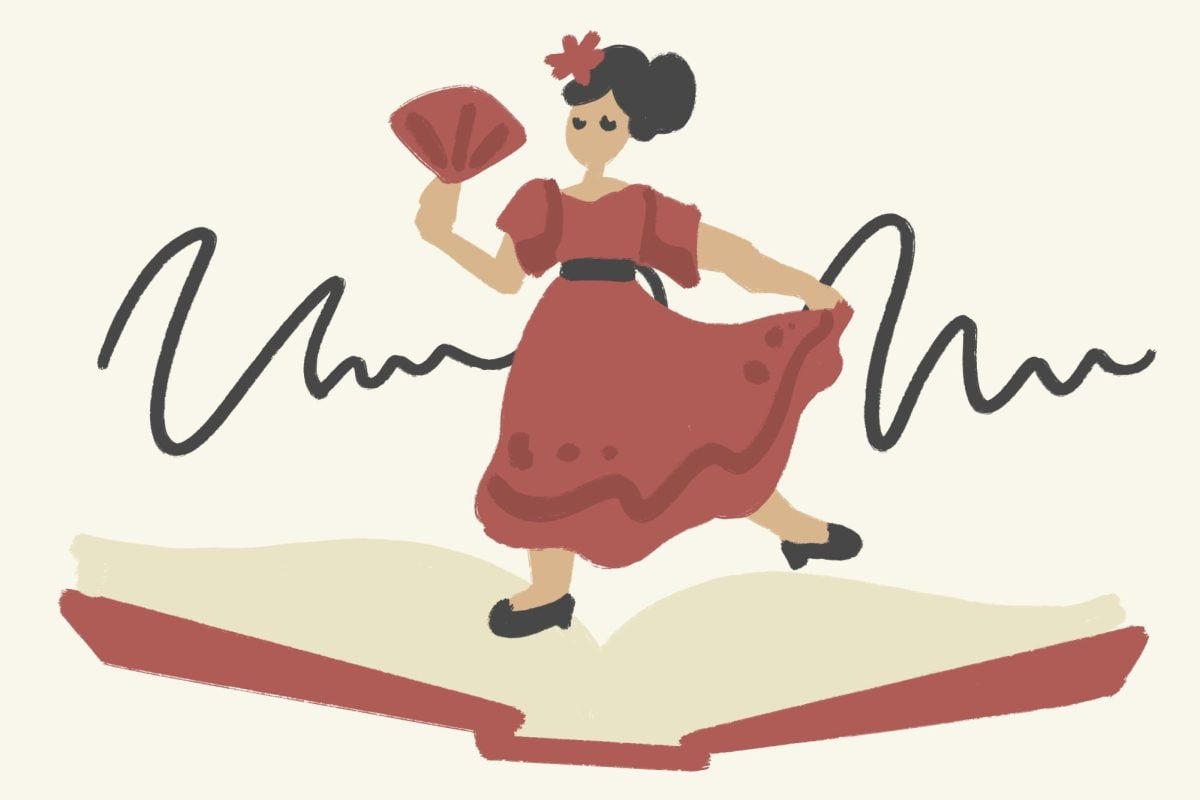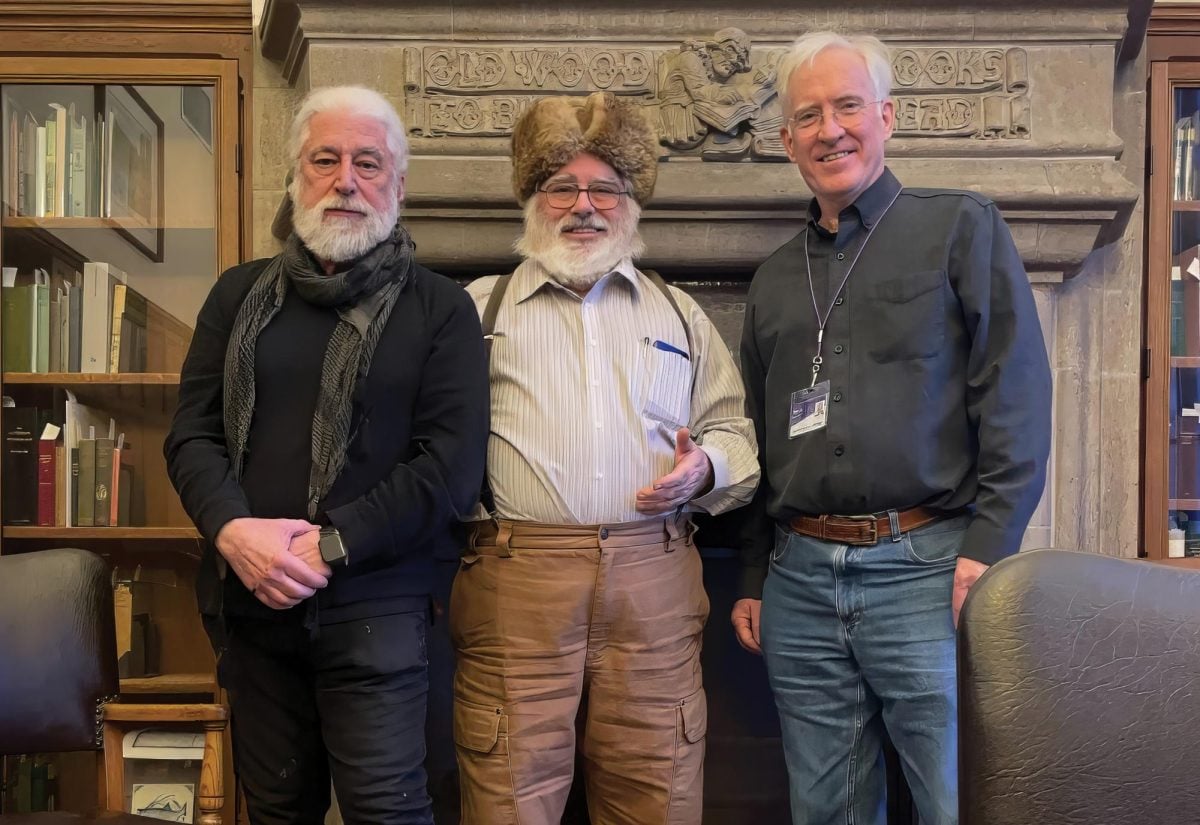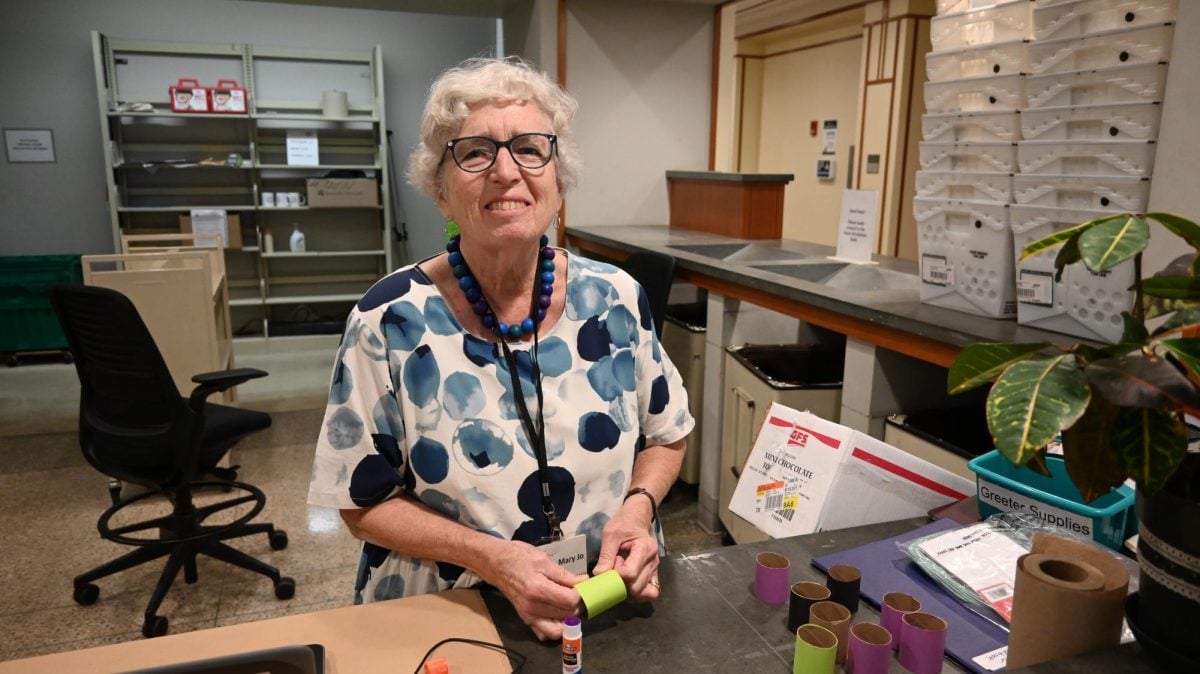Growing up as a Black American, it was easy to feel as though she did not “have a culture,” Medill Prof. Arionne Nettles told an audience Monday at Andersonville bookstore Women & Children First.
In her debut book “We Are the Culture: Black Chicago’s Influence on Everything,” Nettles said, she embraced the culture she has as a third-generation Black Chicagoan.
“I do have a culture that we have created and we have built,” she said at Monday’s event, co-hosted by Women & Children First and Block Club Chicago. “It’s beautiful, and I’m proud of it, and I love it.”
The idea for the book stemmed from her own grandparents’ history in the Chicago blues scene and a feeling that Chicago’s stories, specifically those of its Black residents, are not shared enough, Nettles said.
The book touches on the many ways Black Chicago communities have influenced citywide, national and global culture, from blues musicians to Michael Jordan to Oprah Winfrey. Many of the chapters begin with a personal anecdote about the relationship Nettles has to the topic.
“I’m not the expert on all these things; that’s why I interviewed experts,” she said at the event. “But I did want to show that I wasn’t studying something that I didn’t know anything about. I grew up dancing in these places and to this music. These are things I’m directly connected to.”
Monday’s event featured a book reading and signing, a conversation between Nettles and Block Club reporter Atavia Reed, and a Q&A with the audience. With around 40 people in attendance, the bookstore was filled to capacity, and several people said they were “begging” to get off the event’s waitlist as they entered the store.
Women & Children First’s event coordinator Kaylie Padgett attributed the event’s popularity to the store’s collaboration with Block Club. The collaboration arose from Nettles’ previous connection with Reed.
Padgett said the store management wanted to host the event because of the book’s local focus and wide breadth.
“She’s talking about news, she’s talking about fashion, she’s talking about cosmetics,” Padgett said. “I love books that talk about history through specific events in that way, especially about the world that we live in and this city that I love.”
Nettles said her coverage of the city’s history was only a start, encouraging Black Chicagoans to discover and share their own family’s stories.
One attendee asked about the book’s lack of focus on the West Side of Chicago and its place in Black Chicago history. A South Side native, Nettles said the West Side’s history “is not given as much love as it should be” in “We Are the Culture.”
Other attendees, like Chicago Public School educator Reginald Williams, asked about how to discover more about Black history and community in Chicago as a newer resident.
Williams told The Daily he sees books like “We Are the Culture” as “critical” to Chicago’s future.
He highlighted the book as a step in rejecting deficit thinking, an educational philosophy that blames students from historically oppressed groups for the inequities they face.
“Anyone who wants to challenge deficit thinking needs to know about Black culture in Chicago, Black contributions to the city, past and present, and how to honor those people and those neighborhoods,” Williams said.
After the event, Nettles’ friend and Block Club senior editor Dawn Rhodes traded Chicago recommendations with Williams.
In addition to supporting Nettles, Rhodes said, events like these can bring communities and people closer.
“We’re all here bonded by the fact that we love Arionne and we’re really interested in her book, but we can also connect with each other,” she said. “We all get to bond in the fact that we love books and we love stories and we love Chicago.”
Email: [email protected]
X: @marywrandolph
Related Stories:
—Medill professors balance teaching and reporting at Northwestern
—Arionne Nettles awarded Educator of Color fellowship
—Q&A: At Heirloom Books, Erik Graff seeks to keep community alive Q&A
